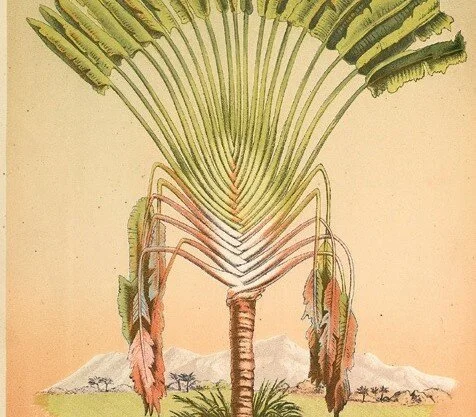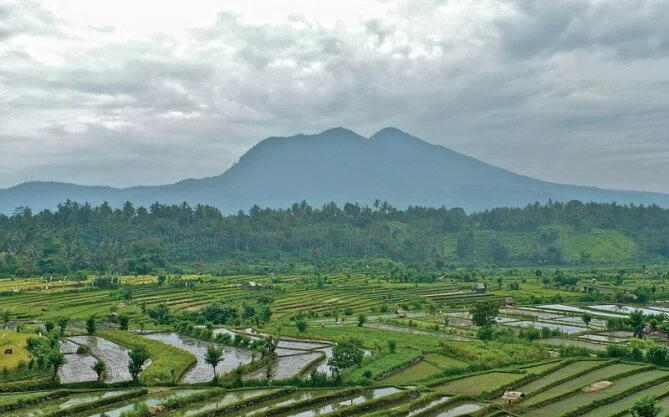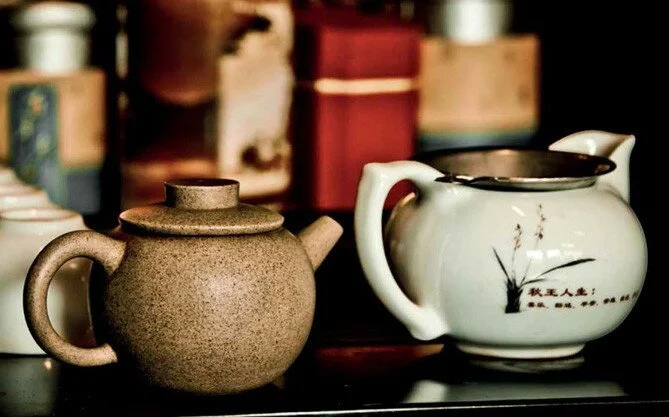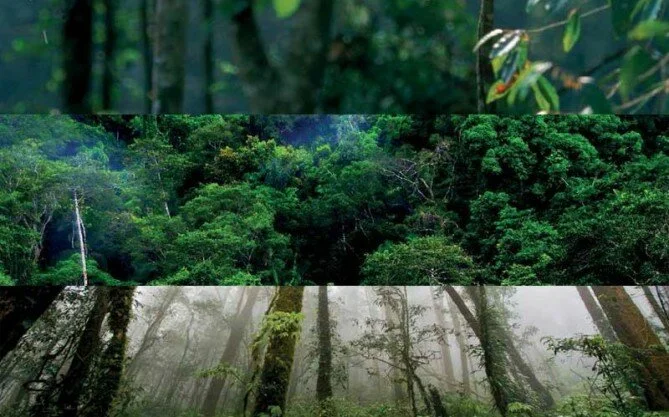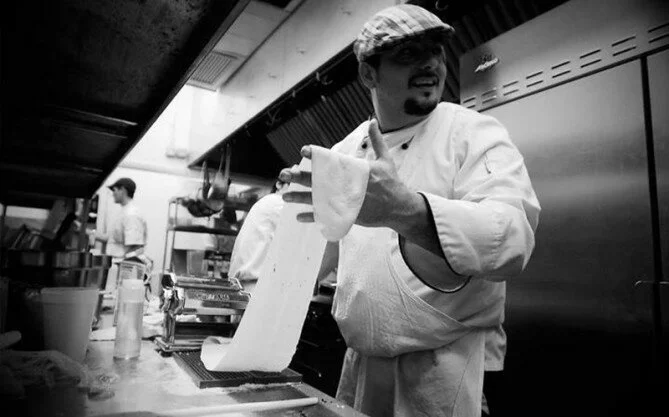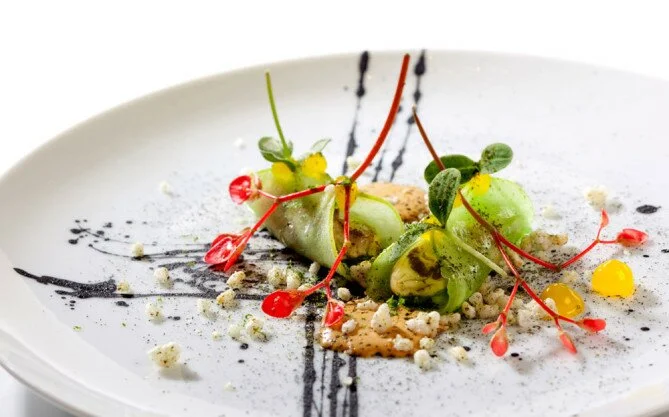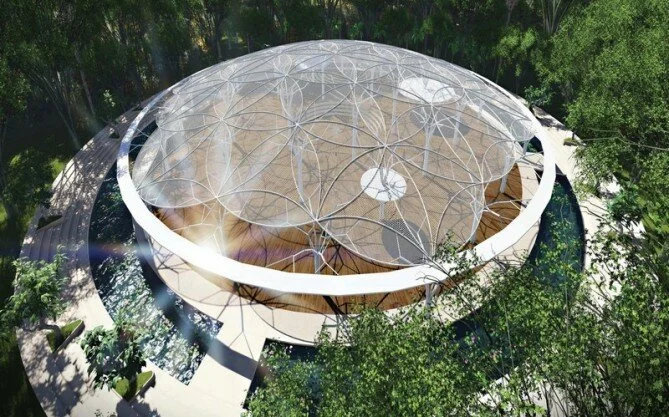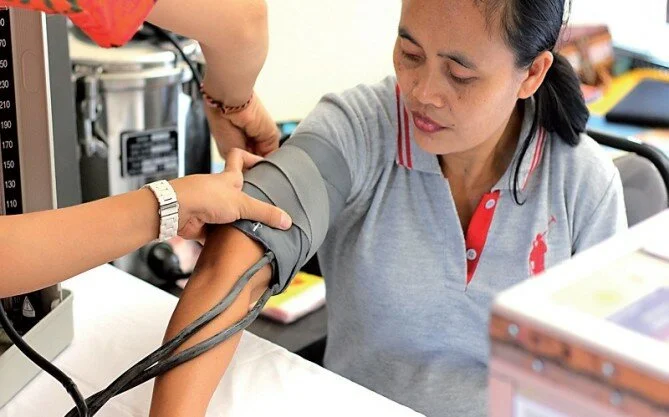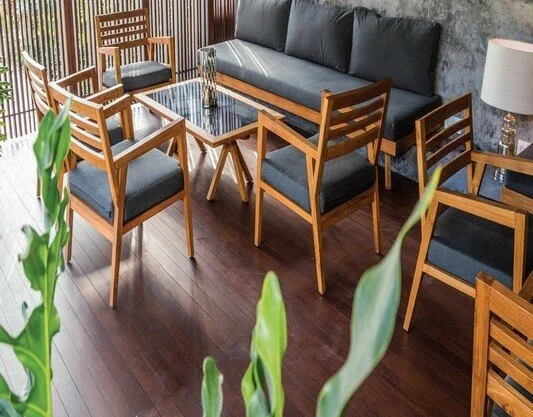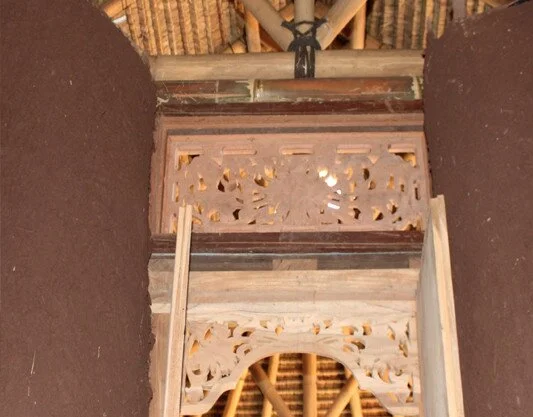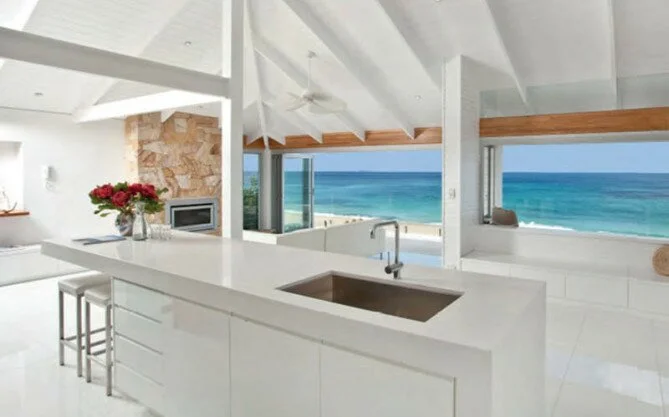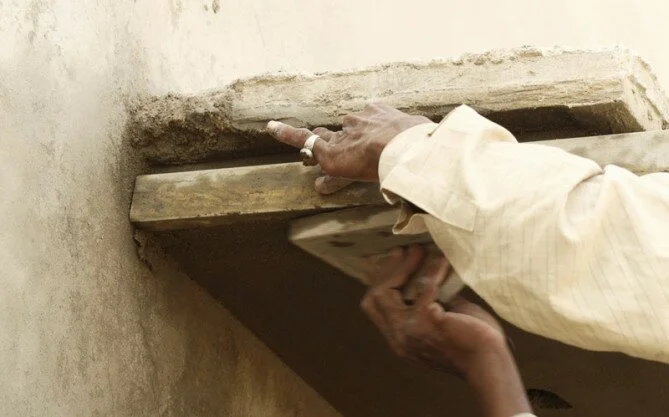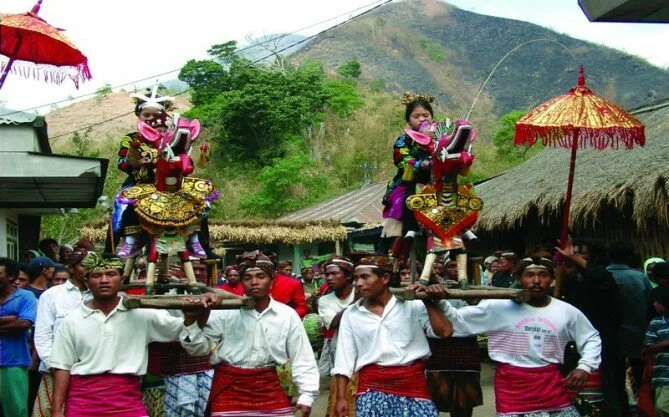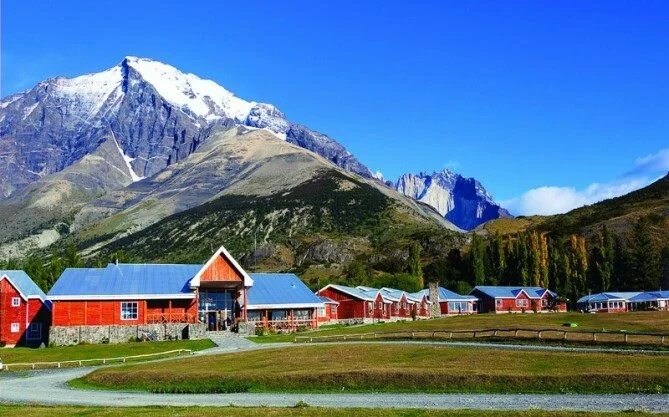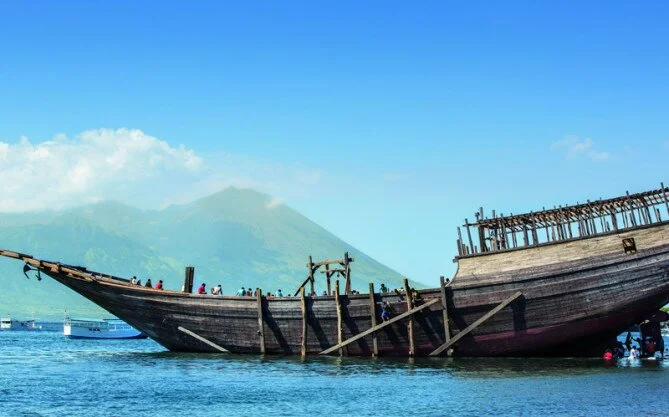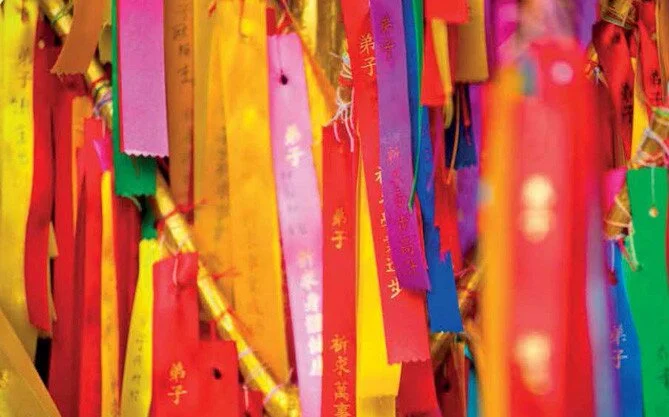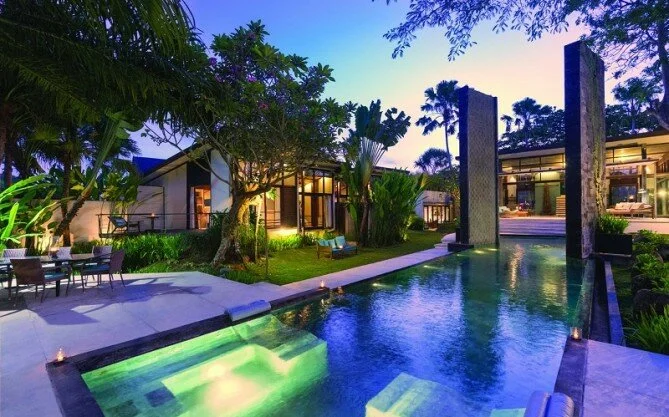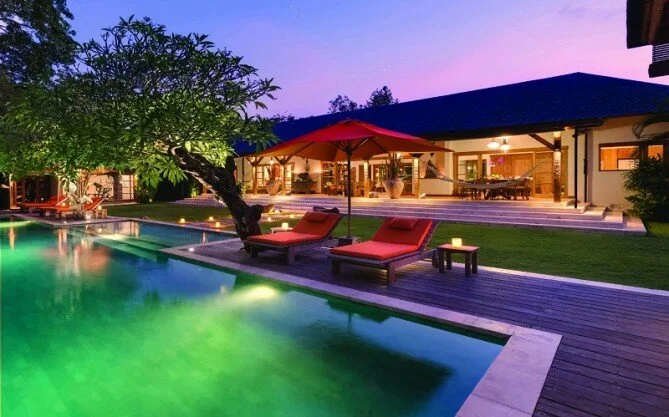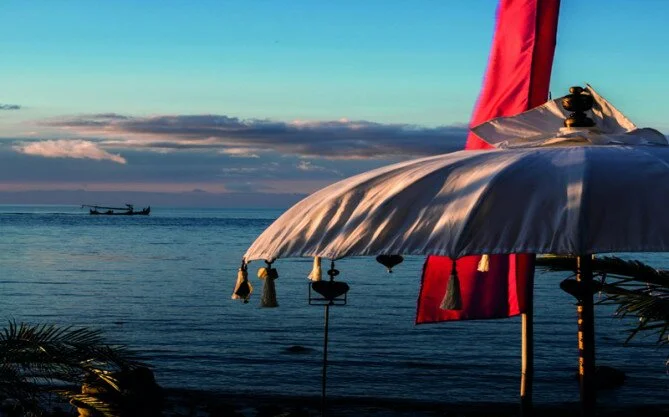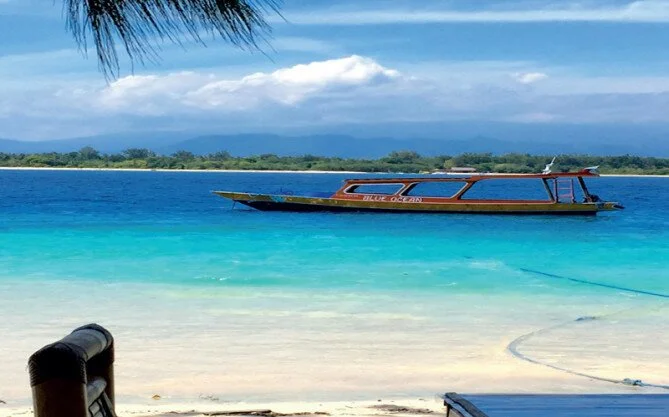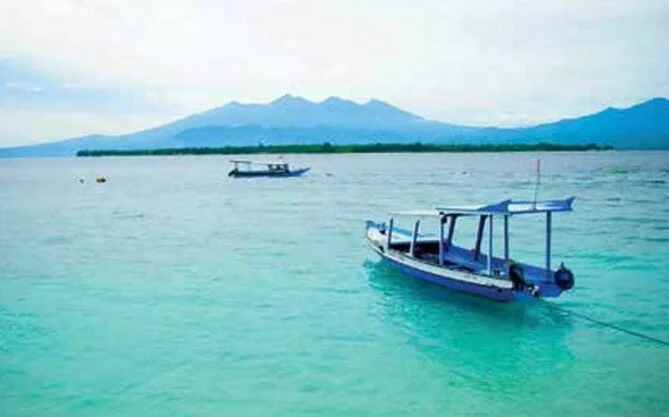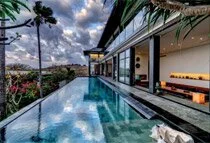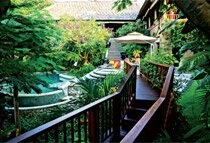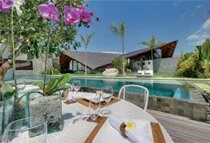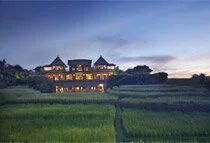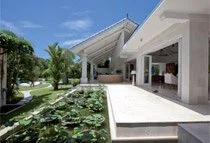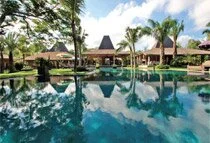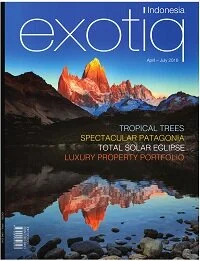True forest sustainability means understanding the supply chain behind a product and how it impacts both producers and users in the design and building industries. Here’s how tropical woods fit into the sustainability puzzle.
When it comes to building sustainable, healthy spaces, leading industry organizations all consider the minimisation or elimination of negative environmental impacts to be integral to the design process. However, true sustainability
goes beyond the specification of eco-friendly products, and extends through the supply chain to the source of the material. An example of the importance of understanding where and how interior products are made can be found in the use of tropical wood.
Many people (falsely) believe that avoiding the use of tropical wood can save the rainforest, but the truth is that tropical wood can be one of the most sustainable products on the market today. Using tropical woods from well-managed sources can reduce wood waste; improve labour efficiency and output; give indigenous people the ability to build schools, hospitals, and roads; and protect the biodiversity of the forest – but only if the source of the wood is a reputable one.
- CUTTING THE RIGHT TREES
Standing tropical forests are best conserved when they have economic value. The most common reason behind the destruction of the rainforest is the conversion of land to something (assumed to be) more profitable. For example, forests in Indonesia are currently being burned in order to make room for the production of palm oil, which is in high demand. However, that same forest could instead be harvested for timber and nuts using sustainable forestry practices that would preserve waterways, reduce the impact of logging, and sequester carbon, all while still making money.
Industry professionals such as builders and designers can make a real impact by specifying or purchasing tropical wood from producers whom they have verified operate legally and are adopting sustainable forestry practices. The two most important steps in sustainably specifying tropical hardwoods are to become knowledgeable about the international supply chain and to find a responsible supplier.
- CUTTING THE RIGHT TREES
The supply chain begins with the correct procedure for harvesting the wood. Unfortunately, many conventional loggers do not use the planning and careful extraction methods taught by industry experts like the Tropical Forest Foundation (TFF), a nonprofit organization committed to environmental stewardship and sustainable forest management offering demonstration models and training curricula in South America, Africa, and Southeast Asia. For example, TFF recommends using a reducedimpact logging (RIL) method that encompasses the entire spectrum of harvesting operations. This includes the careful selection of trees, proper inventory and planning, and post-harvest assessments. The benefits of reduced-impact logging exceed those of conventional logging, ensuring survival of residual trees, wildlife, and rivers, as well as lowering production end-costs by up to 15 percent and waste by 60 percent. Finding a supplier that has adopted these sustainable forestry practices is surprisingly simple. Clients can ask any suppliers or intermediaries, be they construction, design or furniture companies, the following questions:
Do you have documentation of the chain of custody?
Do you specify that you seek legal, sustainable forest products?
Are your products certified?
Are your suppliers adopting improved forest management practices?
- CUTTING THE RIGHT TREES
Getting satisfactory answers to these questions will ensure that suppliers and distributors are adopting sustainable forest management techniques and that they operate on a legal platform. People are also encouraged to ask and search for producer certifications, such as those from the Forest Stewardship Council (FSC) or the Programme for Endorsement of Forest Certification (PEFC), or in Indonesia, the V-Legal SVLK system, or the state-owned Perum
Perhutani forestry enterprise, to ensure that their partners are operating ethically and sustainably.
BOB JOHNSTON
Where to look in Bali for companies using only sustainable and certified hardwoods?
PT Touch Wood:A manufacturer of high-quality, prefabricated, wooden houses and pavilions.
www.pt-touchwood.com
Warisan:A producer of top-of-the-range hardwood furnishings
for the home and hospitality industries.
www.warisan.com
8 Degrees South:A company specialising in building modern
kitchens and kit set furniture.
www.8-degrees-south.com

